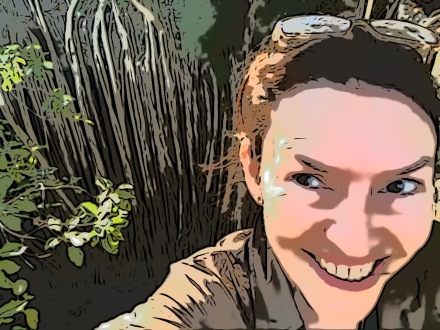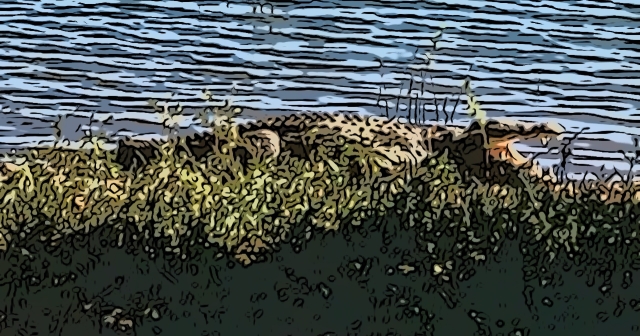Winter 2023
It is an exiting time in the lab. We have just begun work on the new STS grant and are welcoming Dr. Mai Fahmy as the postdoctoral research scientist on the grant. Mai’s background in field research and outreach in Madagascar along with her familiarity with Egypt’s cultural heritage collections will be of great value as we begin our next collaborative explorations of ancestral and Indigenous taxonomies.
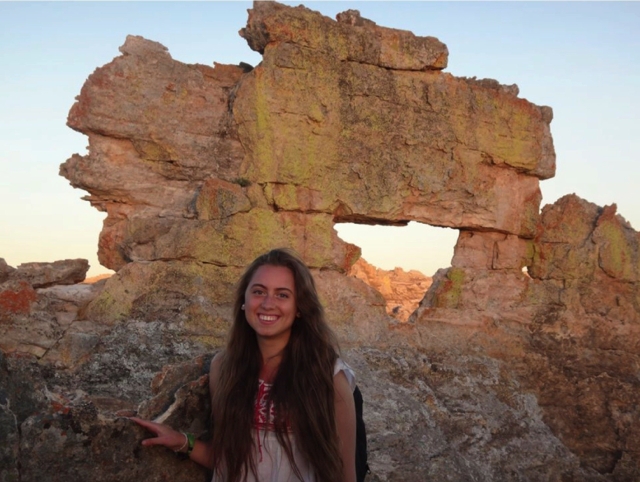 Over the past five years lab members and collaborators have convened or participated in meetings designed to redistribute access to methods and knowledge related to both cultural and natural history collections. These events include the interdisciplinary “Baltimore Symposium on Caribbean Natural History” at John’s Hopkins School of Medicine, two workshops “Valuing Collections: The Role of Natural History Collections in Conservation Planning” and “Decolonizing Collections: A view from the Archives” at the AMNH Student Conference on Conservation Science (SCCS-NY); a new Interdisciplinary Task Force initiative from the Graduate School of Arts and Sciences at Fordham University, “Transforming Undergraduate Education for the 21st Century” (Sept 2019-May 2020); and a science, art and communication symposium, “Networking for Sustainable Cultural Heritage Management”, Metropolitan Museum of Art, 2020. From these networks we are bringing together interdisciplinary teams from the fields of Egyptology, Art, History, Conservation, Anthropology, Sociology and Biology to develop new ways of integrating diverse views in STEAM.
Over the past five years lab members and collaborators have convened or participated in meetings designed to redistribute access to methods and knowledge related to both cultural and natural history collections. These events include the interdisciplinary “Baltimore Symposium on Caribbean Natural History” at John’s Hopkins School of Medicine, two workshops “Valuing Collections: The Role of Natural History Collections in Conservation Planning” and “Decolonizing Collections: A view from the Archives” at the AMNH Student Conference on Conservation Science (SCCS-NY); a new Interdisciplinary Task Force initiative from the Graduate School of Arts and Sciences at Fordham University, “Transforming Undergraduate Education for the 21st Century” (Sept 2019-May 2020); and a science, art and communication symposium, “Networking for Sustainable Cultural Heritage Management”, Metropolitan Museum of Art, 2020. From these networks we are bringing together interdisciplinary teams from the fields of Egyptology, Art, History, Conservation, Anthropology, Sociology and Biology to develop new ways of integrating diverse views in STEAM.
Fall 2022
Welcome to the lab’s first fully “back in-person” semester. Most lab members have been rotating in and out during the past year to reduce congestion or to be able to mentor undergraduate teams without crowding. We are excited to be back together. We are welcoming two new lab members as well.
Medha Pandey has moved to our lab and is continuing her exciting work on avian communities as hosts for pathogens along migratory flyways in the New York metropolitan area. Her work seeks to better understand transmission dynamics for Lyme and other pathogens within and between avian hosts of different lineages. These types of data will become critically important as climate change and urbanization modify host species interactions.
Our newest lab member is Fullbright scholar Ana Saldarriaga Gomez who will be studying the genetic consequences of translocated Orinoco crocodiles. This exciting project is in collaboration with the Wildlife Conservation Society’s field program in Colombia. We can wait to share updates as the project progresses.
This is (hopefully) also the year that we will be able to complete our planned (and much delayed) second expedition from our 2019 NSF-RAPID award ($228,602.00), one of only 7 awards made that year. All of us are hopeful that our Malagasy partners from University of Antananarivo and our dive team collaborators (from Tulum) will be able to return to Southwestern Madagascar for a December reunion. This grant targets the recovery of at-risk fossils and their DNA from caves in arid sites to help us understand how local patterns of extinction progressed to global extinction for the large crocodiles and tortoises of Holocene Madagascar. Our collaborators from Amherst and University of Arizona have been plugging away on the micro vertebrates from our 2019 trip. Isotopes from these small bones are telling us their cumulative stories of regional shifts in rainfall patterns over the past 8,000 years and new ways of interpreting these data are merging. This project was featured in a PBS film and in several media stories in 2019 and 2021 and we can only imagine the exciting collaborative adventures ahead.

Summer 2022
We are excited to announce our most recent grant ($367,230.00) through the NSF STS (Science, Technology and Society) program. This award epitomizes the expanding agency focus on interdisciplinary research to move science and society forward. The NSF-STS grant received “Excellent” reviews from all reviewers. The pilot data for this grant came from my 2018 Fordham Interdisciplinary Research Award highlighting the value of these internal awards. We will be hiring a post doctoral research scientist in January 2023.
This project is intended to provide a framework for modifying the policies and practices involved in contemporary species delineation and to elevate and center knowledge created by Indigenous or “place-based” source and descendent communities (SDK) in this moment of ever accelerating, technologically based species “discovery”. 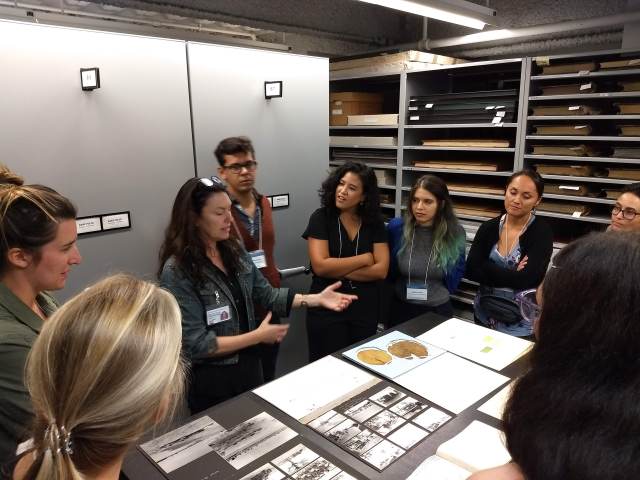 The broad goal of the project is to present a model of the coproduction of new hypotheses about the attributes of species by successfully integrating current and ancestral Indigenous and place-based narratives and representative taxonomies with recent technological approaches to species delimitation such a digitization, distribution modeling and genomics in current use in systematics and taxonomy. We are partnering with colleagues at The American University in Cairo, The American Museum of Natural History, The University of Antananarivo, the Belize based Crocodile Research Coalition and the Metropolitan Museum of Art to bring the stories of collections and their histories to light. A large part of the grant supports archival research to re-surface knowledge from local communities during major expeditions in the last century. We will continue to develop opportunities for descendant communities to share their experiences surrounding these archives and their understanding of colonial practices in workshops and other venues.
The broad goal of the project is to present a model of the coproduction of new hypotheses about the attributes of species by successfully integrating current and ancestral Indigenous and place-based narratives and representative taxonomies with recent technological approaches to species delimitation such a digitization, distribution modeling and genomics in current use in systematics and taxonomy. We are partnering with colleagues at The American University in Cairo, The American Museum of Natural History, The University of Antananarivo, the Belize based Crocodile Research Coalition and the Metropolitan Museum of Art to bring the stories of collections and their histories to light. A large part of the grant supports archival research to re-surface knowledge from local communities during major expeditions in the last century. We will continue to develop opportunities for descendant communities to share their experiences surrounding these archives and their understanding of colonial practices in workshops and other venues.
Winter 2022
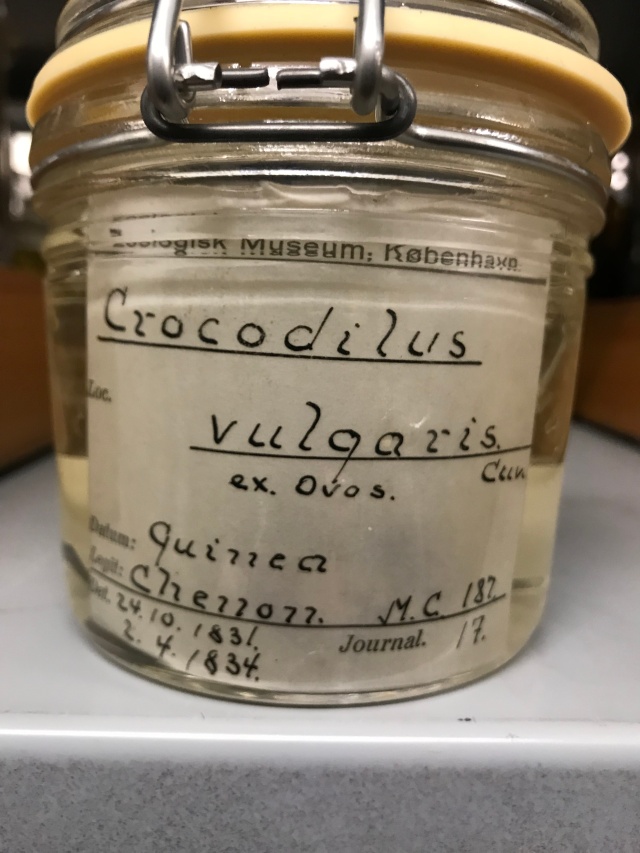 Hello and welcome to the third year of the pandemic academic interface. Our lab has been reshuffled and redistributed by the events of the past many months but we are holding together and growing in new ways.
Hello and welcome to the third year of the pandemic academic interface. Our lab has been reshuffled and redistributed by the events of the past many months but we are holding together and growing in new ways.
First, I am excited that we are hosting an amazing team of undergraduate researchers working on sea turtle conservation projects under the supervision of Molly McCargar. Four of these students have developed independent projects to test new methods fro recovery of genomic and isotopic data from eggshells and sand from nests. Really exciting new frontiers in eDNA, aDNA and non-invasively collected DNA.
Recently- I was invited to participate in several new Diversity, Equity and Inclusion (DEI) initiatives. I am committed to using my position as an ally to shift how we frame who does science and what constitutes success. As someone who came to the “hard” sciences from a background in art and anthropology, I can only say that “it is about damn time” we stopped gatekeeping.
Our lab is in the process of growing with the addition of a new graduate student working on historical crocodile genomes and a new collaboration on ancient equids. As we move into spring- we will continue our quest to help historical and ancient specimens to tell the stories of what live was like before the Anthropocene.
Fall 2021
We have been in a protracted state of “figuring it out” for the past year. With labs either closed or on limited access and permits, processing and travel still moving slowly we have spend a lot of time focusing on what and who science is actually for. Science for the sake of science seems empty in the face of all that has passed and that continues in the “pandemic times”. We have spend time reflecting on how to make this process of questioning, illuminating and discovering a shared enterprise. In particular, we have reconsidered what a long history of harms done in the name of science means for the future of science.
Recently- my own work has centered on reconsidering the way knowledge is sourced and coopted. In particular- I have been reflecting on knowledge that was historically shared by communities, recorded in field notes and journals, that has gone unattributed for too long. We have been using archival documents and interdisciplinary research to develop a model system for resurfacing Indigenous and Eurocentric perspectives on culturally and economically important species in museum holdings. In November I attended the ArtBiomatters symposium and was able to share some of these approaches in a poster and 3 minute video format.
ArtBiomattersHekkala2021talkslides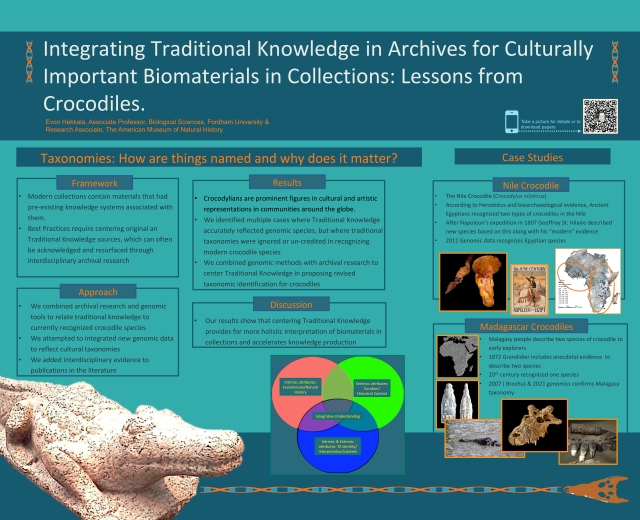
Winter 2021
What a long strange year. Despite massive and ongoing societal disruptions our lab members have shown kindness, courage and resilience. That is something to be proud of. Along the way we have supported one another and created a safe place to share our hopes, fears and excitement for a better future. That is also something to be proud of.
As we navigated 2020, we persisted, we engaged and we did our best. That is also something to be proud of.
Science isn’t at its best when we do not create good spaces for scientists. For the coming year, my hope is that the trials and tribulations of 2020 have become a catalyst for change and that 2021 will bring the synergies of science, justice and policy together in a new and dynamic way. 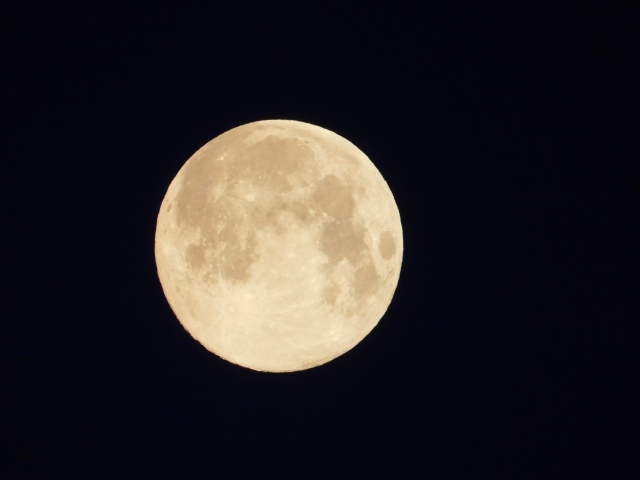
Fall 2020
The COVID slowdown has impacted all of our work. Expeditions to Madagascar, Costa Rica, West Africa and planned conference attendance were all cancelled. The delays in accessing labs and processing samples are hitting everyone hard. For the most part, we have focused on staying healthy, supporting friends and colleagues and planning alternative strategies to keep going. It is not an easy time. As a lab group we will continue to participate in “the life of the mind” via virtual conferences and collaborations. Hopefully support for science and the use of science in decision making by those in the higher reaches of society will improve in the coming months.
We stand by all of those who are keeping society functioning and keeping our families and friends safe. Thank you.

Fall 2019
We are falling into Fall with the return of students from fieldwork and courses in Madagascar (Kalani and Mai), Costa Rica ( Molly), West African forests and Korea (Danielle). And of course, my favorite event of this and every year for the past decade, the American Museum of Natural History’s Student Conference on Conservation Science (SCCS-NY). This year’s theme integrated Artistic, Spiritual and Empirical approaches to reaching shared goals in Conservation Science. So many amazing talks and introductions. And a whole new workshop on “The Role of Natural History Collections and Archives in Conservation Planning”. We had the extraordinary opportunity to visit the AMNH library archives and rare books and everyone was captivated by the experience.
July- August 2019
Travel included Madagascar,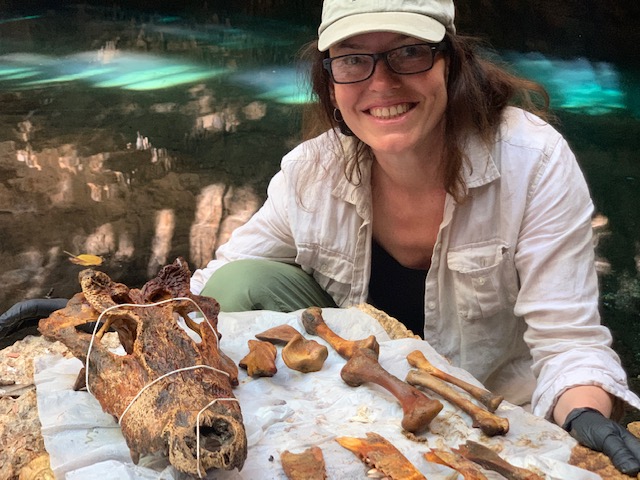
Copenhagen, Salzburg and Amsterdam… all in search of missing specimens and lineages of crocodiles and how they are represented in archival images, documents and stories. We are also testing “Biodiversity Surveys in Art Museum collections. Here are some faves. 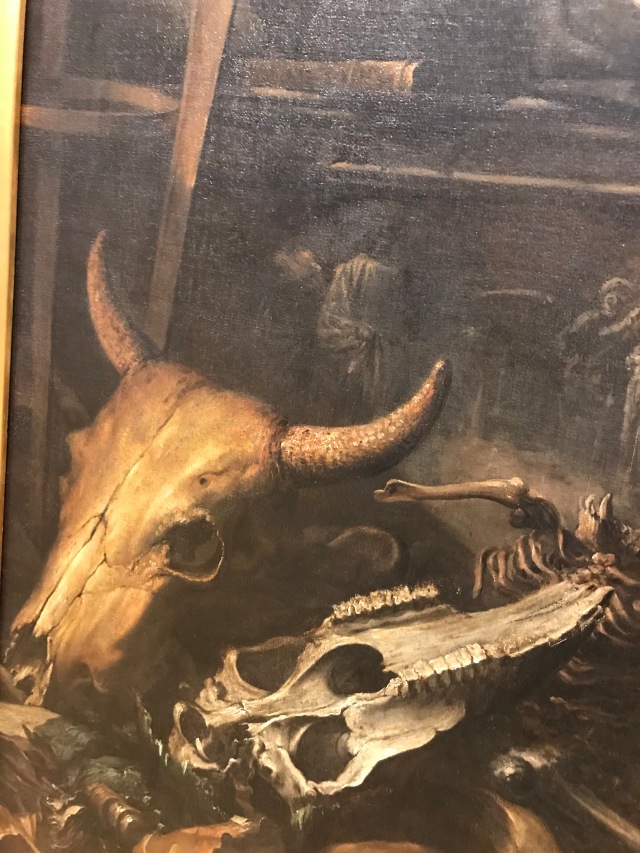
June 2019
We helped develop exhibits for the new museum at the entrance to Parc National Tsimanampesotse including this awesome 3D printed copy of an extinct horned crocodile. It was wonderful to see how excited everyone was!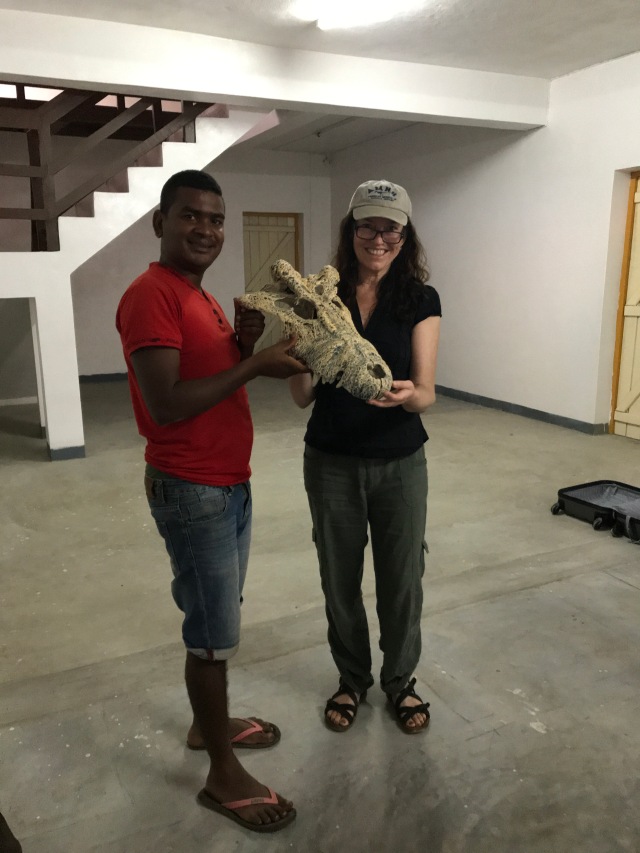
May 2019
Wow- What a month! We received an NSF RAPID grant to travel to Madagascar to document extinct tortoises and crocodiles from submerged caves. Thrilled to return to the site of the filming of the Crocodilian segment of the PBS program “When Whales Walked”. 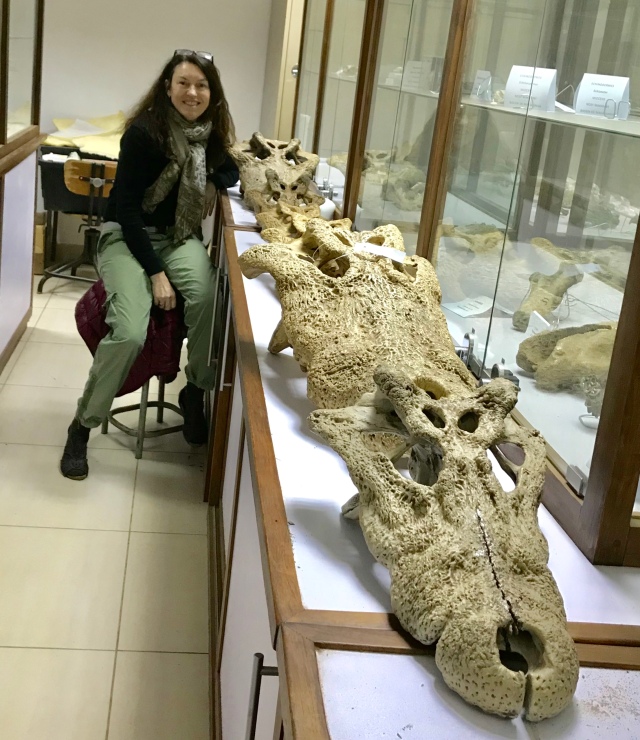
April 2019
We received a new Interdisciplinary Research Grant to study “The Science, History and Art of Sacred Crocodiles” in collaboration with the Metropolitan Museum of Art, University of Copenhagen and colleagues from the Department of History at Fordham. We will be visiting several small “Curiosity Cabinet” type collection in Europe over the Summer. We’ll be recruiting four undergraduates to work together on the project. Two from Biology and Two from History. Really exciting to pull together visions from other disciplines!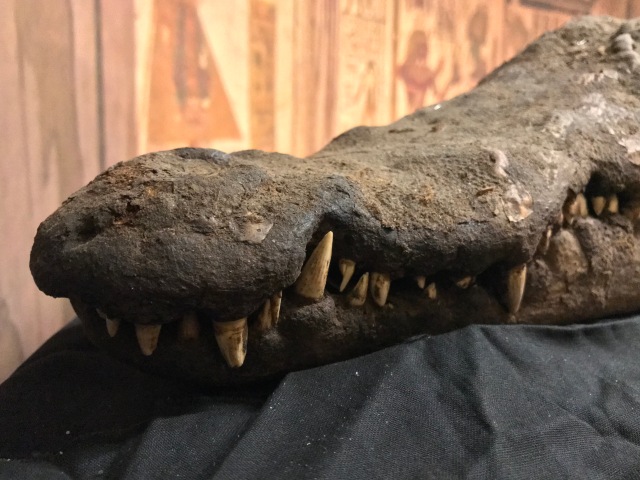
January 2019
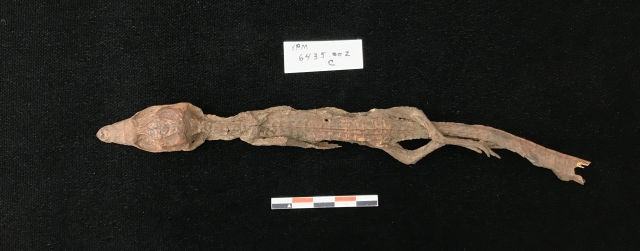 Our collaborative work with Oli Smith and Tom Gilbert in Copenhagen has paid off. Keep an eye out for “the Secrets of Sobek”, our newest paper examining the potential natural and anthropogenic influences on the sacred crocodile, Crocodylus suchus.
Our collaborative work with Oli Smith and Tom Gilbert in Copenhagen has paid off. Keep an eye out for “the Secrets of Sobek”, our newest paper examining the potential natural and anthropogenic influences on the sacred crocodile, Crocodylus suchus.

Our work was also featured at the Secret Science Club, where Evon shared recent adventures in search of extinct crocodiles in the underwater caves of Madagascar.
November 2018-
Heading back to Copenhagen to continue our collaborative work on ancient Egyptian crocodile mummy genomics with Oli Smith and Tom Gilbert. Oh the stories they can tell… about culture, climate change and the co-existence of crocodiles.
September 2018-
We welcomed new lab member Kalani Williams and reconvened after an eventful summer and the end of Sabbatical. Lab members have been busy with fieldwork, lab research and attending meetings.
June 2018
Travels across the globe included Madagascar, Paris and the Yucatan.. searching for extinct and extant crocodiles in caves, sacred lakes and collections..
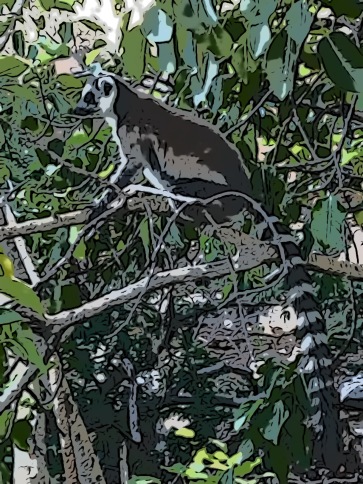
July 2017-
Bon Voyage to Ricky Flamio who has accepted a Ph.D. position at Southern Illinois University where he will be studying hybridization between pallid and shovelnose sturgeon using genomic data. Ricky defended his thesis on ecological characteristics of sunfish hybridization in the newly renovated Calder Lake log house. The sunfish obliged by showing off their nests from the deck overlooking the lake.
June 2017-
Evon and research by Nathanael, Stephanie and Corey was featured in a new episode of the American Museum’s “Shelf-life” series. Tales from the Cryptic Species!
May 2017-
Congratulations to Dr. Amanda Makkay! Newly minted Ph D Amanda leaves us for greener pastures across the street at the Bronx Zoo where she all be a new Curatorial Fellow in the Mammal department.
January 2017-
Evon just returned from the SICB 2017 Conference in New Orleans ( which by chance coincided with the WizardCon at the New Orleans Convention Center). She presented preliminary work (in collaboration with AMNH) using sequence capture to test phylogenetic hypotheses for the placement of Crocodylus (Voay) robustus within the extant crocodiles.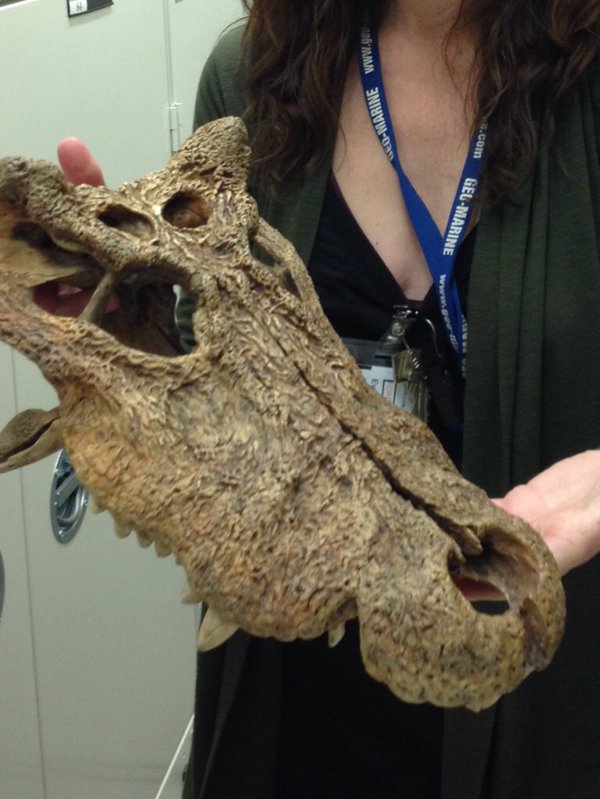
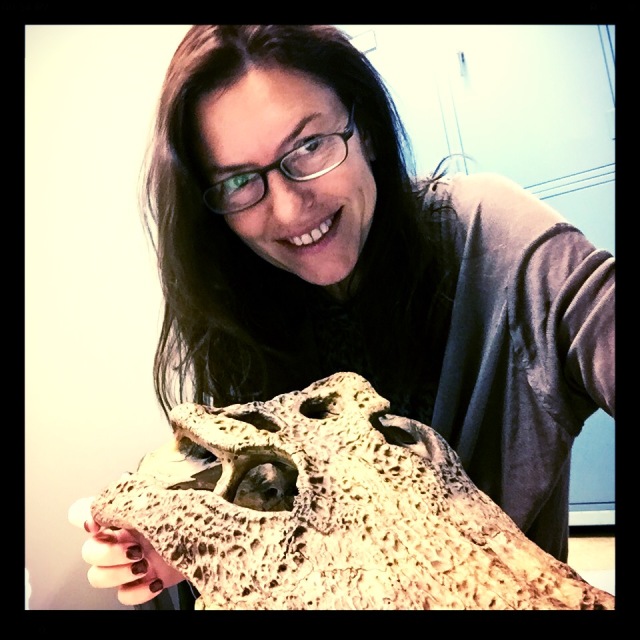
October 2016-
Evon spoke at SciCafe at the American Museum of Natural History about her work on crocodile mummies and how she came to be involved in scientific research
September 2016-
We welcomed two new graduate students, Mai Fahmy and Danielle Lema, to the lab!
June 2016-
Opening the new “Crocs! Ancient Predators in a Modern World” exhibit at AMNH
May 2016-
In thirty intense days we successfully funded our Crowdfunding project “Testing the Crocodylus Apothecary Hypothesis” via Experiment.com.
What a great experience.
https://experiment.com/projects/testing-the-crocodylus-apothecary-hypothesis
March 2016-
Ed Yong published a great article in “The Atlantic” on museum collections and the treasures they hold! One of our favorite topics!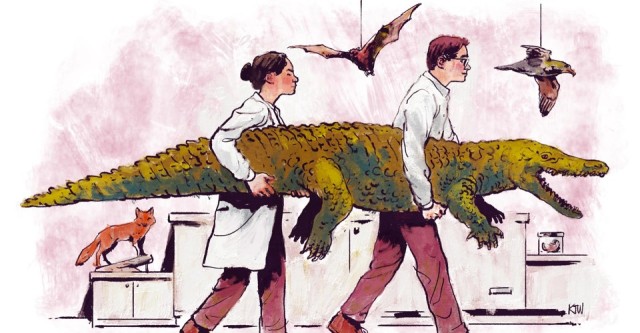
December 2015-
Taylor received a Smithsonian Summer Research Fellowship for 2016 and a Theodore Roosevelt Grant to work on historical crocodile specimens. Congratulations!
September 2015-
We welcomed Taylor Hains to join the lab to study Caribbean crocodile genomics.
July 2015-
Congratulations to Drs. Christina Frare ( soon to be a new Faculty member at Ithaca College) and Stephanie Dowell ( Currently working with the U.S. Fish and Wildlife Service) on successful defenses.
Spring 2015-
Evon had a fantastic experience at the EG conference in Monterey, CA http://www.egconf.com/presenters/evon-hekkala
Summer 2014-
Lab members presented a combined 13 talks at conferences this summer!
February 2014-
Evon was interviewed by NYU’s student-run online magazine, Scienceline.
January 2014
Evon starts her 8 month sabbatical where she will be working at the American Museum of Natural History.
Spring 2014
Amanda was selected to serve in a scientific advisory capacity for The HIVE program hosted by the Wildlife Conservation Society. This outreach and scientific education program focuses on creative activism in climate change and urban ecology, educating teens across all boroughs.
May 2013
Congratulations to Andrea (MS) and Kaitlin (BS) on graduation!
Amanda and Seth head to South Africa for the summer to attend the Recent Advances in Conservation Genetics workshop and work in Dr. Paulette Bloomer’s lab on the conservation genetics of Nesotragus moschatus at the University of Pretoria.






